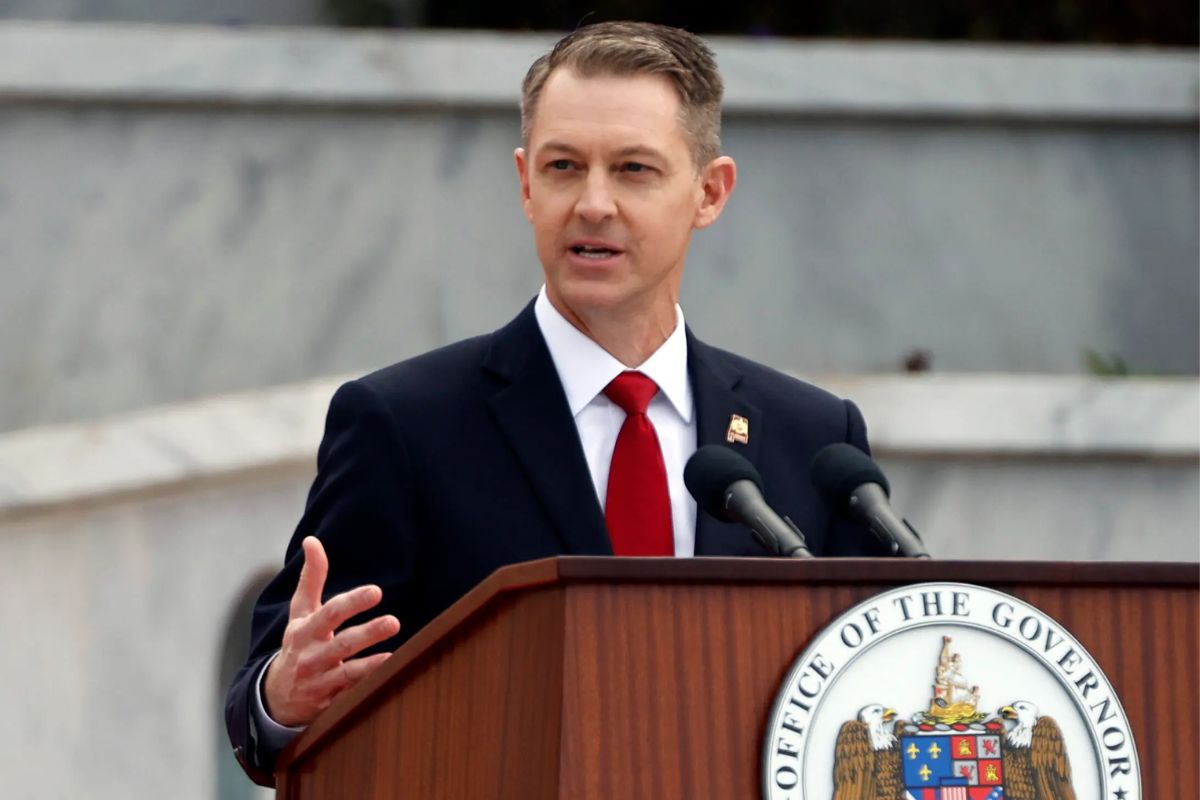Controversial Challenge Ballot Harvesting Law: A recent contentious legal challenge has been set forth against Alabama’s law on ballot harvesting, igniting intense discussions regarding the delicate balance between ensuring electoral security and preserving voting accessibility. Criticism centers on potential infringements upon voter rights, particularly affecting marginalized communities.
The lawsuit filed by prominent advocacy groups questions the law’s impact on democracy and voter engagement, adding fuel to the ongoing debate surrounding electoral integrity and equitable voting rights. The unfolding dispute sheds light on the intricate interplay between upholding electoral processes and facilitating widespread voter participation.
Legal Challenge Against Alabama Law Criminalizing Assistance with Absentee Ballots
The legal challenge against Alabama’s law criminalizing assistance with absentee ballots has sparked intense scrutiny and debate among advocacy groups and legal experts. The lawsuit filed by the Alabama State Conference of the NAACP and the League of Women Voters highlights the contentious nature of the statute, SB1, which restricts certain types of aid in completing absentee ballot applications. Critics argue that this law infringes on voters’ rights, particularly impacting vulnerable groups such as seniors and disabled voters who may depend on assistance to take part in the electoral process.
The plaintiffs contend that by criminalizing certain forms of assistance, the law undermines the principles of democracy and hinders voter participation, ultimately disenfranchising those who may face challenges in maneuvering the absentee voting process independently. The controversy surrounding SB1 raises fundamental questions about the balance between electoral integrity and ensuring equitable access to voting rights for all citizens.
As legal proceedings unfold, the outcome of this challenge will have far-reaching implications for voting laws and practices in Alabama and potentially beyond.
Details of the Controversial Alabama Law
Amidst growing concern over electoral integrity and voter participation, Alabama’s SB1 law has stirred significant controversy with its stringent restrictions on assisting with absentee ballot applications.
The law prohibits the distribution of prefilled absentee ballot applications and the collection of completed applications from voters, aiming to combat potential voter fraud, particularly through the controversial practice of ‘ballot harvesting.’
Violations of SB1 can lead to misdemeanor or felony charges, with severe penalties of up to 20 years’ imprisonment for specific offenses. Republicans who supported the legislation argue that these measures are necessary to safeguard the electoral process, while critics claim that such restrictions unjustly impede voting rights without concrete evidence of widespread fraud.
The divisive nature of SB1 underscores the ongoing debate surrounding electoral security and access to the ballot box, highlighting the fine line between protecting against malfeasance and preserving the fundamental right to vote.

ALSO READ: Lawsuit Challenges Alabama Law on Absentee Voting
Response from Alabama Officials and Legal Precedents
Alabama Secretary of State Wes Allen‘s vocal support for SB1 underscores the state’s commitment to upholding electoral integrity through stringent measures. By championing this law, Allen emphasizes the importance of maintaining the sanctity of the electoral process and ensuring that every vote cast is legitimate. While critics argue that SB1 could hinder absentee voting by constraining ballot collection practices, Allen and other proponents believe it is essential to combat potential fraud and abuse.
In light of legal challenges in other states, such as the recent case in Mississippi where a federal judge intervened citing violations of the Voting Rights Act, Alabama officials must carefully navigate the legal landscape to defend SB1. These legal precedents highlight the complex nature of election law and the need for thorough examination to balance voter access with security measures. As the debate unfolds, Alabama officials must stay vigilant in justifying the necessity of SB1 while addressing concerns about its potential impact on voter participation and rights.
News in Brief
The legal challenge against Alabama’s law criminalizing assistance with absentee ballots raises important questions about voter rights and access to the ballot box.
Alabama officials must carefully consider the implications of this controversial law in light of legal precedents and the potential impact on voters, particularly marginalized communities.
This challenge highlights the need for a thorough examination of election laws to guarantee fairness and equity in the democratic process.

